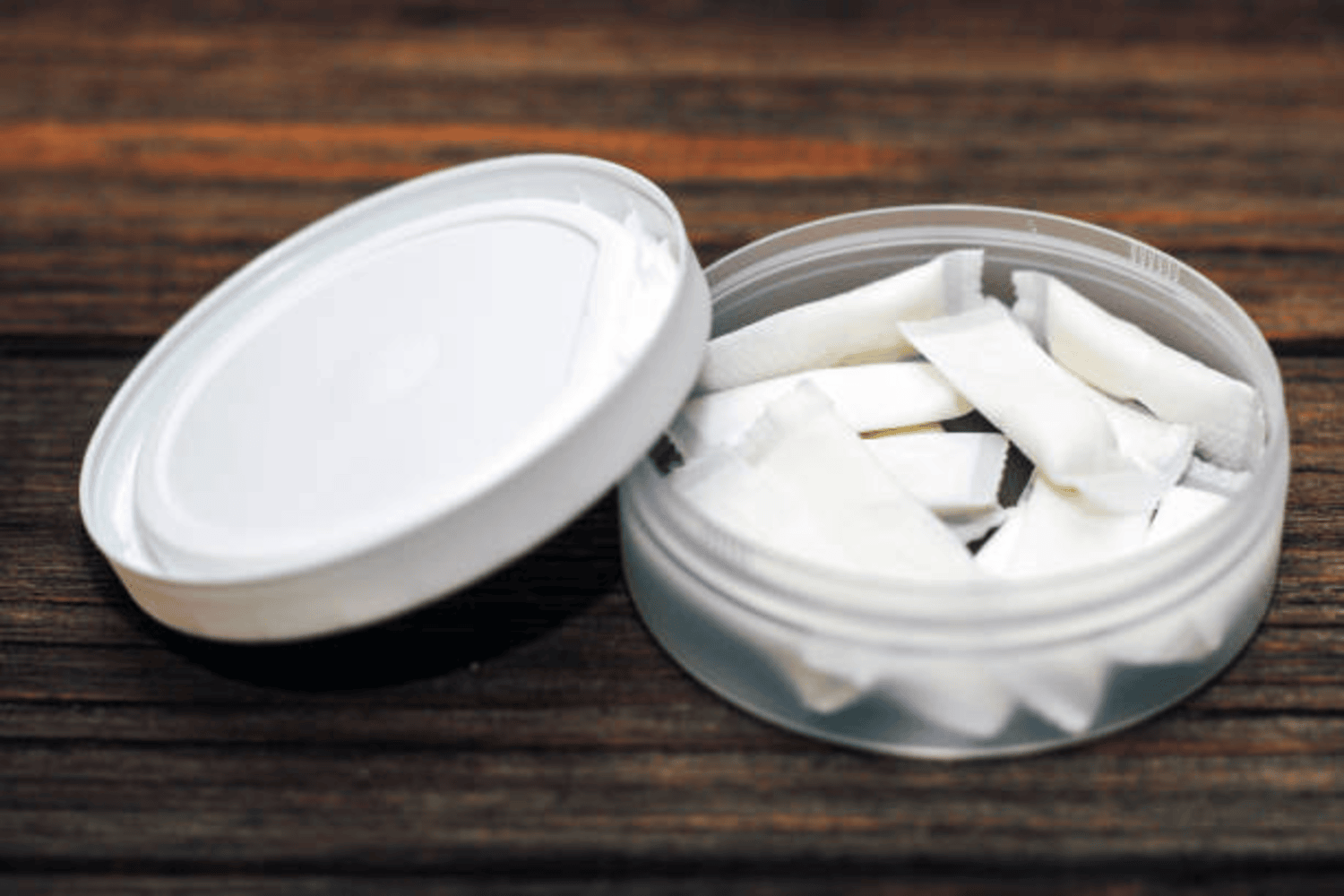Snus and Zyn Are Becoming the Next Vaping Trend

Snus and Zyn are banned in Australia, but their popularity is rising fast. This is mostly driven by new regulations introduced in July 2024, which have made it much harder to access vaping products. Under these laws, all vapes, no matter their nicotine content, can only be sold in pharmacies to help people quit smoking or manage nicotine dependence.
The growing interest in Snus and Zyn shows a shift towards alternatives that are seen as more discreet or less regulated than traditional vapes. Data from My Bong Shop highlights this change in consumer behaviour. Searches for "Vape" peaked at 61,839 in May 2021 but dropped to 44,403 by August 2024.
In contrast, searches for "Snus" rose from 1,996 in January 2021 to 18,670 in August 2024, with a peak of 28,749 in February 2024. "Zyn" searches have also surged, from around 30 in January 2021 to 27,361 by August 2024.
These search trends clearly show Snus and Zyn overtaking vapes in consumer interest despite being banned in Australia.
What Are Snus and Zyn?
Snus and Zyn are smokeless nicotine products gaining popularity as alternatives to smoking and vaping, especially with stricter vaping regulations in place. Snus is a moist tobacco pouch placed under the upper lip for slow nicotine release, while Zyn is a tobacco-free pouch with synthetic nicotine that works similarly.
Both options provide nicotine without producing smoke or vapour, which makes them a discreet choice. However, they are illegal and not approved by the Therapeutic Goods Administration (TGA) in Australia.
In fact, authorities seized over 3 million illegal nicotine pouches at the Australian Border Force since January, targeting organised crime operations smuggling these banned products into the country. Despite these restrictions, some users turn to Snus and Zyn in places where smoking or vaping isn't practical or allowed.
What Consumers Need to Know
Nicotine pouches like Snus and Zyn are considered therapeutic goods under Australian law, meaning they must comply with the Therapeutic Goods Act 1989. It is illegal to advertise, supply or purchase these products without proper authorisation. Consumers caught with them can face significant legal penalties, including fines and imprisonment.
There is also no strong evidence that these options help with smoking cessation, and their safety remains unproven. For this reason, consumers are encouraged to seek support from health professionals for safer, more effective methods of quitting smoking.
As demand for Snus and Zyn rises despite their illegal status, consumers should be aware of the legal and health risks. With increasing enforcement by authorities, it’s important to understand the consequences of using these banned products.
